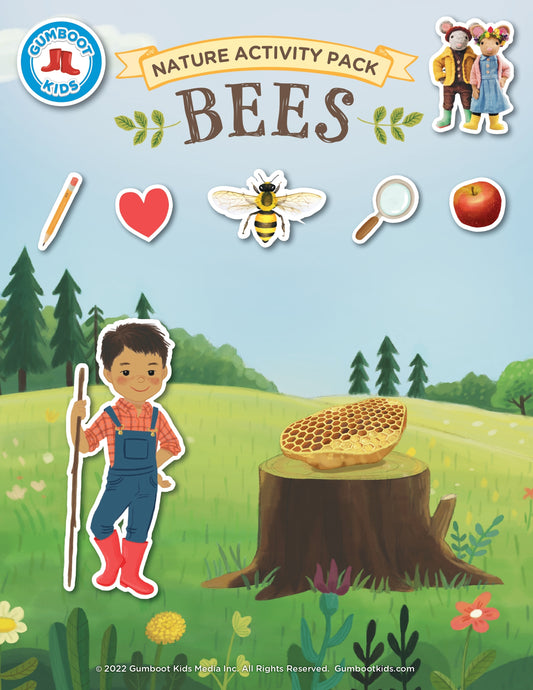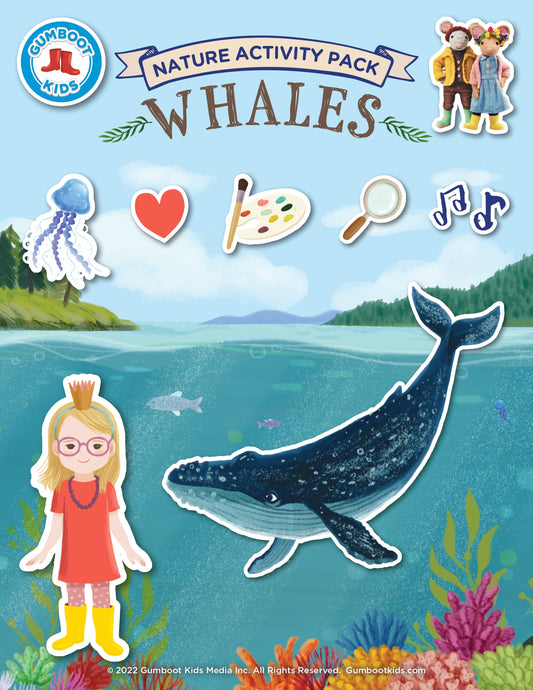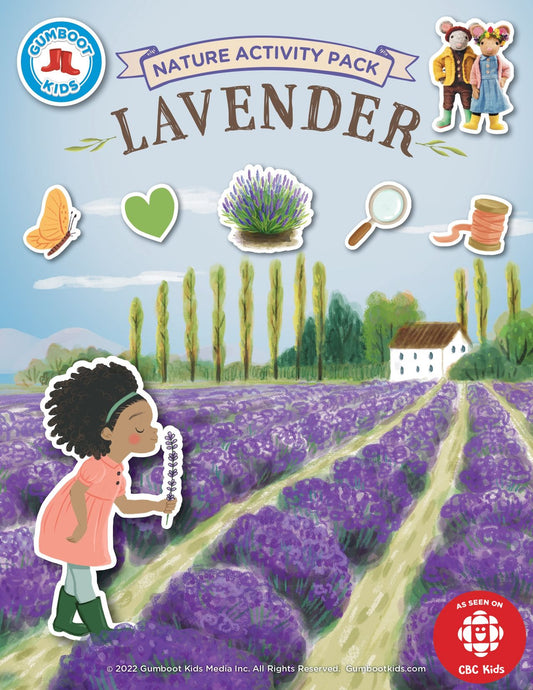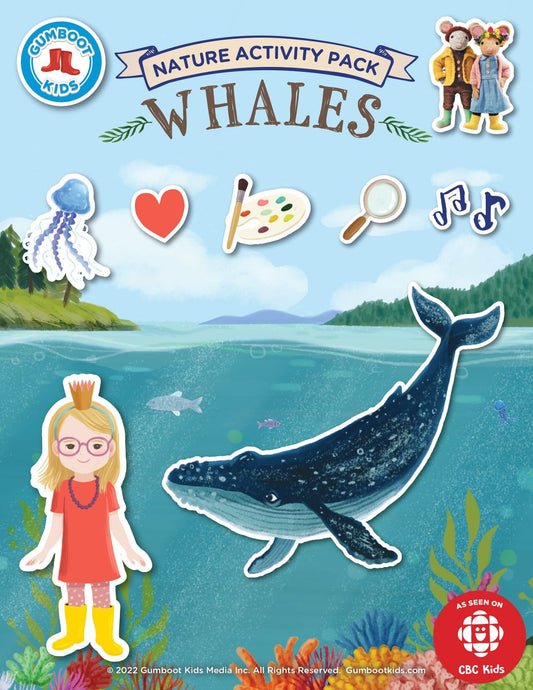If your children have allergies, spending time in nature may seem like a challenge. However, there are still ways to enjoy the benefits of nature while minimizing exposure to allergens. Here are some tips to help you and your children enjoy nature while managing allergies:
-
Check the pollen count: Before heading out, check the pollen count in your area. If it's high, consider postponing your outdoor activities to a later time.
-
Choose the right time of day: Pollen counts are usually highest in the morning, so consider planning your outdoor activities for the afternoon or evening when pollen counts are lower.
-
Plan activities that are less likely to trigger allergies: Avoid activities such as hiking in fields or meadows, where pollen counts are likely to be higher. Instead, consider activities like nature walks on paved paths or exploring wooded areas.
-
Dress appropriately: Dress your children in long sleeves and pants to minimize skin exposure to allergens. Consider having them wear a hat and sunglasses to protect their eyes and face.
-
Use medication: If your children have allergies, make sure they take any prescribed allergy medication before heading out. Consult with your child's doctor before administering any medication.
-
Bring along allergy relief products: Carry allergy relief products such as nasal sprays, antihistamines, and eye drops in case your child experiences allergy symptoms while outdoors.
-
Focus on activities that don't involve touching or getting close to nature: If your child's allergies are severe, focus on activities like bird-watching, cloud-gazing, or nature photography, which do not require close contact with nature.
-
Choose indoor nature activities: If spending time outdoors isn't an option, consider indoor nature activities like indoor gardening, terrarium-building, or nature-themed arts and crafts.
-
Encourage exploration in areas with lower allergens: Consider exploring areas with lower allergens, such as botanical gardens or indoor nature centers.
-
Educate your children: Teach your children about different types of plants and their pollination processes, and how they can cause allergies. This can help them understand why they may need to take precautions when spending time in nature.
Remember that every child's allergies are unique, and what works for one child may not work for another. Consult with your child's doctor and work together to develop a plan that is tailored to your child's specific needs and preferences.




